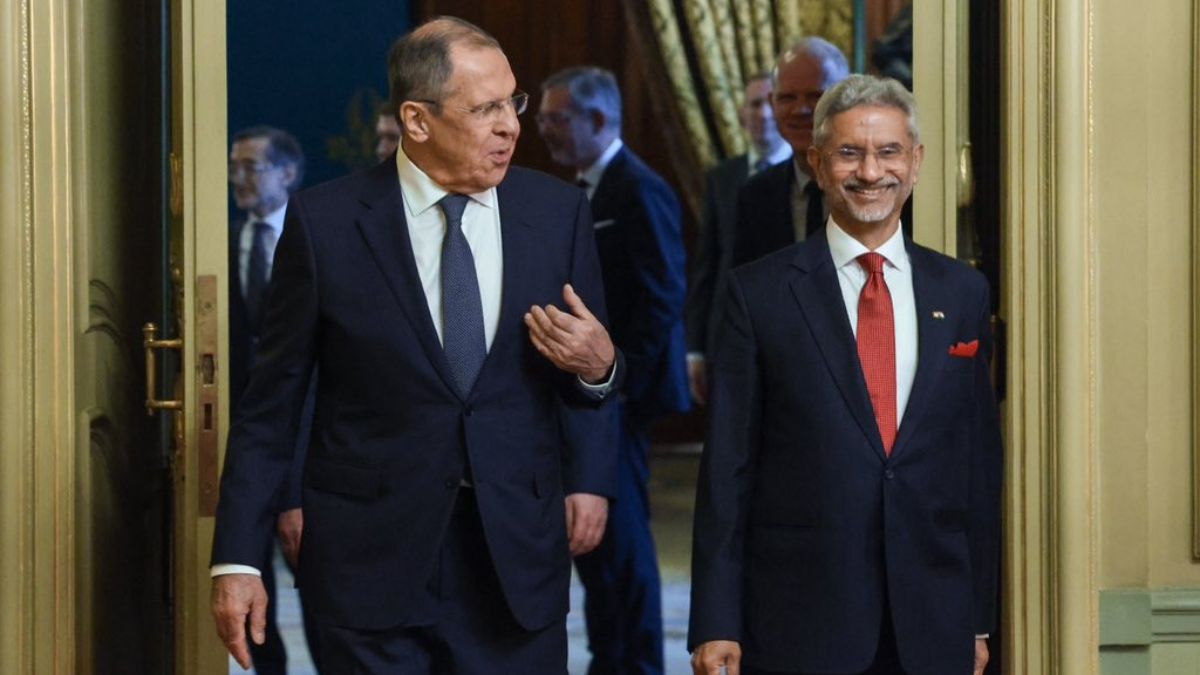Russia on Wednesday said that Minister of External Affairs S Jaishankar will visit Moscow on August 21 to hold talks with Sergey Lavrov, the country’s foreign minister.
“The ministers will discuss key issues on our bilateral agenda, as well as key aspects of cooperation within international frameworks,” the Russian foreign ministry said in a brief statement.
Jaishankar’s visit to Russia would come within weeks of National Security Advisor Ajit Doval's visit to Russia . These visits, while believed to be scheduled beforehand, are taking place at a time when the India-US relationship has nosedived with the imposition of 50 per cent American tariffs on India for the purchase of Russian oil. US President Donald Trump has accused India of funding the Russian war on Ukraine with oil purchases.
By the end of the year, Russian leader Vladimir Putin is also expected to visit India , which would be his first visit to the country since he launched the full-scale invasion of Ukraine in 2022, leading to diplomatic isolation in the world.
Later this month, Prime Minister Narendra Modi will also visit China to attend the SCO Summit. Putin is also expected to attend the summit.
In the wake of Trump’s tariff war on the world, which is set to hit India the hardest, there have been suggestions that India should work with Russia and China bilaterally or multilaterally in forums like the ‘RIC’ to seek alternatives to the US export market.
However, it has been highlighted the reality that RIC will be a China-dominated group and not be in India’s favour. After all, even though India and China have partially resolved the standoff in Ladakh and have taken steps like resuming visas and Kailash-Mansarovar pilgrimage, the relationship remains far from normal.
Impact Shorts
More ShortsFor example, China has continued to block rare earth supplies to India . China has also blocked the supply of speciality fertilisers . China has blocked its engineers from working in mobile factories in India in a bid to stop India’s progress in ramping up domestic manufacturing.
The India-China standoff in Ladakh is also far from resolution as only partial rollback of forward deployment of personnel and war-waging equipment has taken place and broader de-escalation is yet to take place and patrolling at all areas of contention is yet to be restored.


)

)
)
)
)
)
)
)
)



